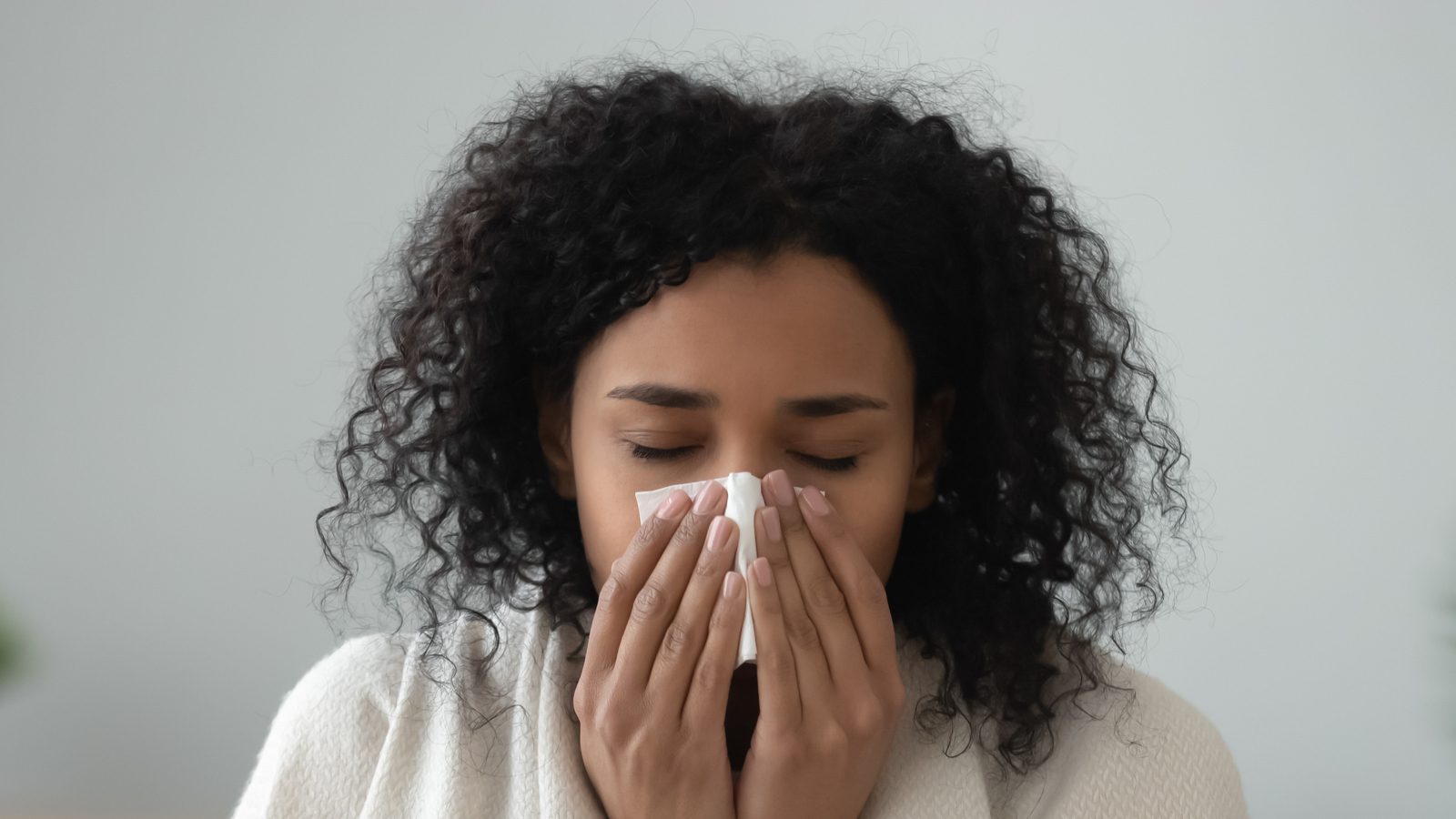Winter Allergies: How to Not Let Seasonal Woes Ruin Your Day
The best way to keep the allergy symptoms at bay is to take preventive measures (Image: Shutterstock)
With the air around you getting colder, you are already feeling winter allergy symptoms. The allergies rear their ugly head as the weather gets colder.
With the air around you getting colder, you are already feeling winter allergy symptoms. The allergies rear their ugly head as the weather gets colder. Although they are run-of-the-mill seasonal allergy symptoms, you may want a much-needed break from these seasonal symptoms – sneezing, congestion and a runny nose. You are likely to spend more time indoors because of the harsher wind typical of this season. The best way to keep the allergy symptoms at bay is to take preventive measures. Here are some tips on the triggers, symptoms and what can be done to treat:
Triggers
There is an understandable difference between allergies and colds. Allergies happen when your body releases histamine that results in an inflammatory reaction to allergens or other irritants.
Allergies result from exposure to allergens that enter the respiratory tract. There are multiple indoor allergens that can end up aggravating symptoms during the cold season, especially when you spend more time indoors because of damp and poor weather conditions.
Symptoms
- sneezing
- stuffy/runny nose
- throat itching
- ear itching
- itchy eyes
- difficulty breathing, especially through a clogged nose
- dry coughing, sometimes producing phlegm
- low-grade fever
- skin rash
How to treat them?
- You can minimise risk to indoor allergens by following the tips below:
- Put protective casing over your pillows and mattresses, to ensure that the dust mites are out.
- Regularly wash bedding, removable upholstery covers and your clothes in hot water to reduce dust mite build-up.
- To keep moisture in your indoor air in check, use a dehumidifier.
- Regularly clean and vacuum your living space to get rid of the majority of the allergen particles.
- Clean up any leftovers in your kitchen area regularly.
- Fix any leaks in your pipes or bathroom to prevent dust mites, mold, or roaches from thriving.
- Clean your pets and their spaces often and keep them away from your living room, kitchen, etc. as much as possible.
Often allergy symptoms can be treated with simple remedies and measures at home. You may also opt for long-term clinical treatments if it persists for a longer duration. For example:
- Take over-the-counter (OTC) allergy medication.
- Use a neti pot or nasal irrigation treatment.
- Use nasal sprays.
Read all the Latest News, Breaking News and Coronavirus News here. Follow us on Facebook, Twitter and Telegram.
For all the latest lifestyle News Click Here

